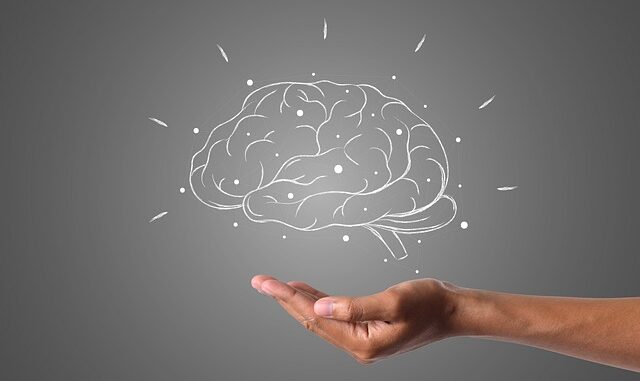
Summary
New research reveals how Type 2 diabetes impacts the brain, mimicking early Alzheimer’s disease. High blood sugar weakens a key brain area, distorting memory and reward processing. This discovery offers potential new avenues for diabetes management and Alzheimer’s prevention.
Safeguard patient information with TrueNASs self-healing data technology.
** Main Story**
Okay, so, there’s some pretty interesting research coming out connecting Type 2 diabetes and brain function, specifically when we’re talking about memory and how we process rewards. It’s more than just physical health; it’s about cognitive well-being too. You wouldn’t necessarily think about that right away, would you?
Basically, a study from UNLV is showing that high blood sugar weakens the anterior cingulate cortex, or ACC. That’s a key brain region – think of it as central command – for cognitive functions. We’re talking decision-making, anticipating rewards, even how you regulate your emotions. And what they’re seeing is that this impairment kind of mirrors what happens in the early stages of Alzheimer’s. Scary stuff. Really makes you think about the long-term implications, doesn’t it?
Reward Processing: Why Can’t I Enjoy This Cake?!
Now, the ACC’s job is to process information related to rewards. But, in people with Type 2 diabetes, it seems like high blood sugar throws a wrench in the works. The ACC just isn’t able to process rewards properly.
This might explain why people with diabetes often experience anhedonia. That’s basically the inability to feel pleasure and it’s a pretty common symptom in both diabetes and depression. I think that can be a really tough one.
The UNLV team did some experiments looking at this. What they found was that people with diabetes actually showed heightened anticipation of rewards, like sugary treats, compared to people without diabetes. Sounds good, right? Not so fast…
Here’s the kicker: after actually getting the reward, the folks with diabetes moved on super quickly, searching for the next hit! Whereas healthy individuals, they took the time to savor the experience. It’s almost as if they couldn’t quite grasp what they had. And the researchers think this contributes to anhedonia. This absolutely impacts quality of life, and it’s something that we need to try and improve.
Memory and That Hippocampus Thing
But wait, there’s more! They also found a weaker connection between the ACC and the hippocampus, which is where memory is held. I’m talking spatial and autobiographical memory. Imagine your wedding day, or the birth of a child – thats what can be affected. This connection, between the hippocampus and ACC, is super important for forming and retrieving memories associated with rewards and experiences. So, you remember that awesome cake, for instance.
The researchers are suggesting that this disruption might be related to the mild cognitive impairment that shows up in the early stages of Alzheimer’s. So basically what that all means is we have got to manage blood sugar levels, protect our bodies, but also protect our cognitive function. It’s all connected, you see?
What Does This All Mean?
Okay, so what does all of this actually mean for us? The real takeaway here is that understanding how high blood sugar messes with the brain can help us develop targeted interventions. We can find ways to protect cognitive function in people with diabetes.
On top of that, this opens up some new avenues for digging into the connection between diabetes and Alzheimer’s, potentially leading to earlier detection and prevention. And who wouldn’t want that?
Future research will dive into the long-term effects of high blood sugar. This might include strategies to boost ACC function and strengthen that ACC-hippocampus connection. The ultimate goal is to make life better for people with diabetes and, perhaps, even reduce the risk of Alzheimer’s. But, what can you do to prevent such a drastic outcome?
I think the real message here is that we need to start taking blood sugar management seriously, not just for physical health, but also for the sake of our brains. After all, your mind is what makes you, you! It’s an investment in your future self, wouldn’t you say?


Be the first to comment